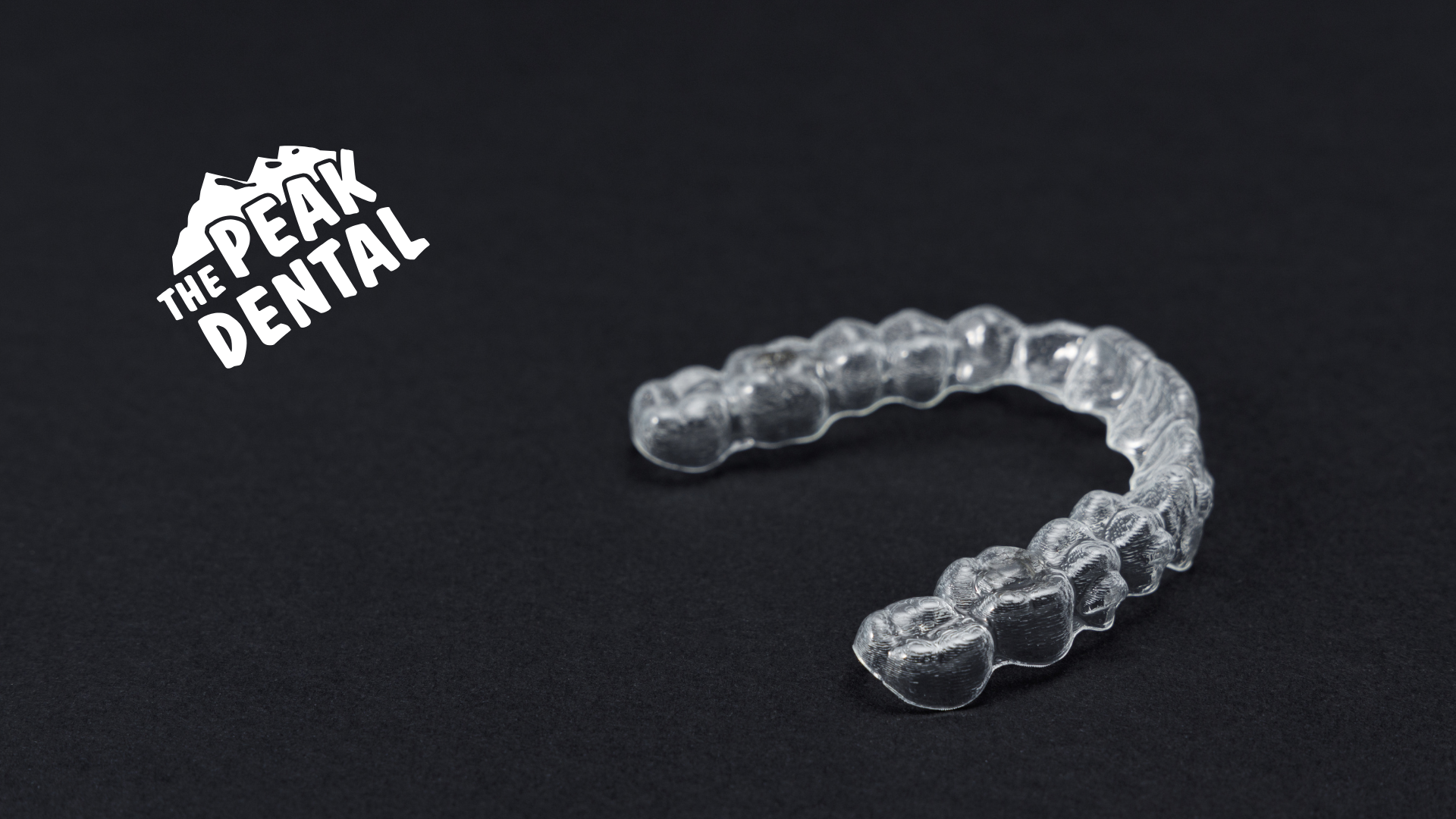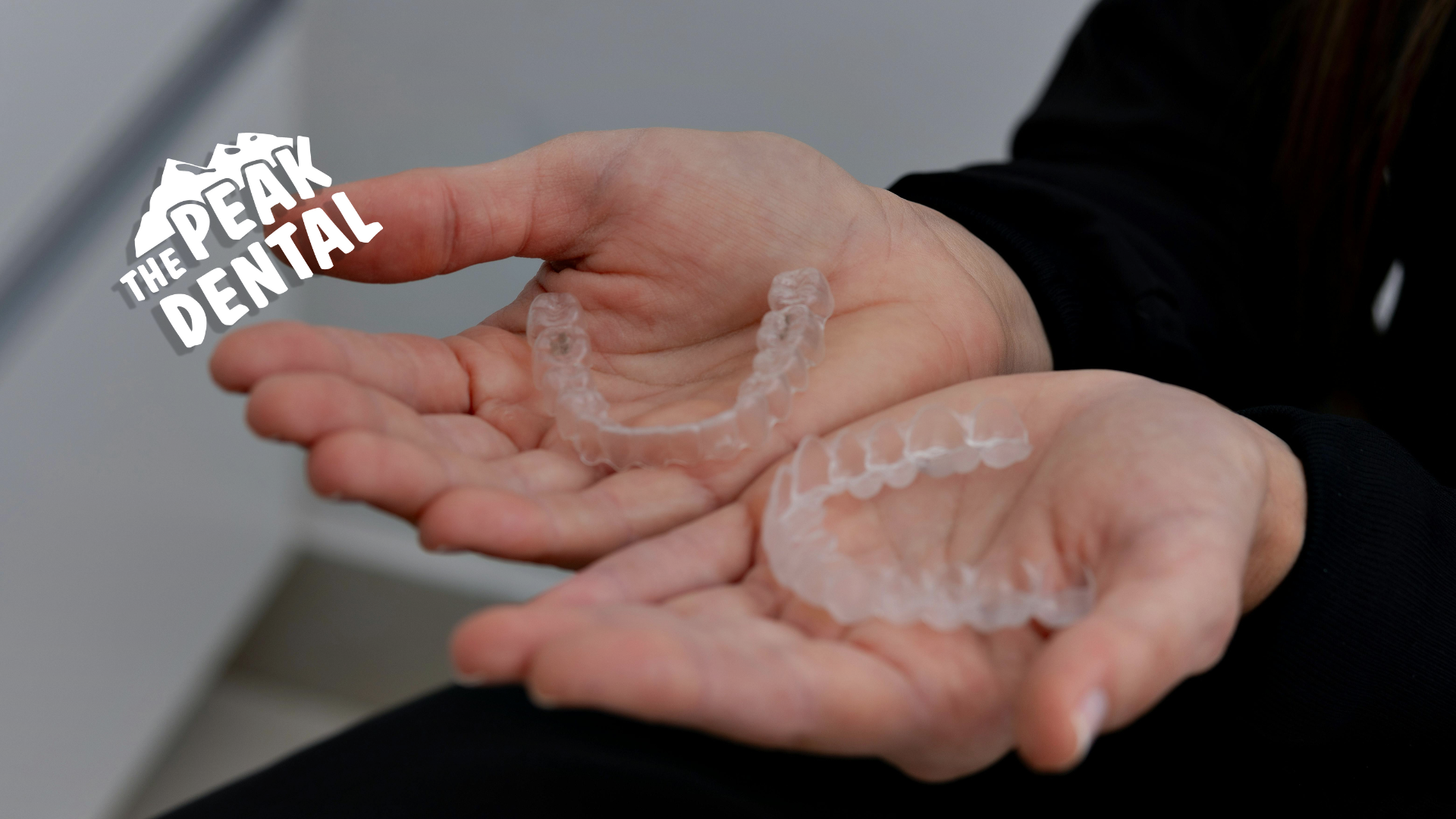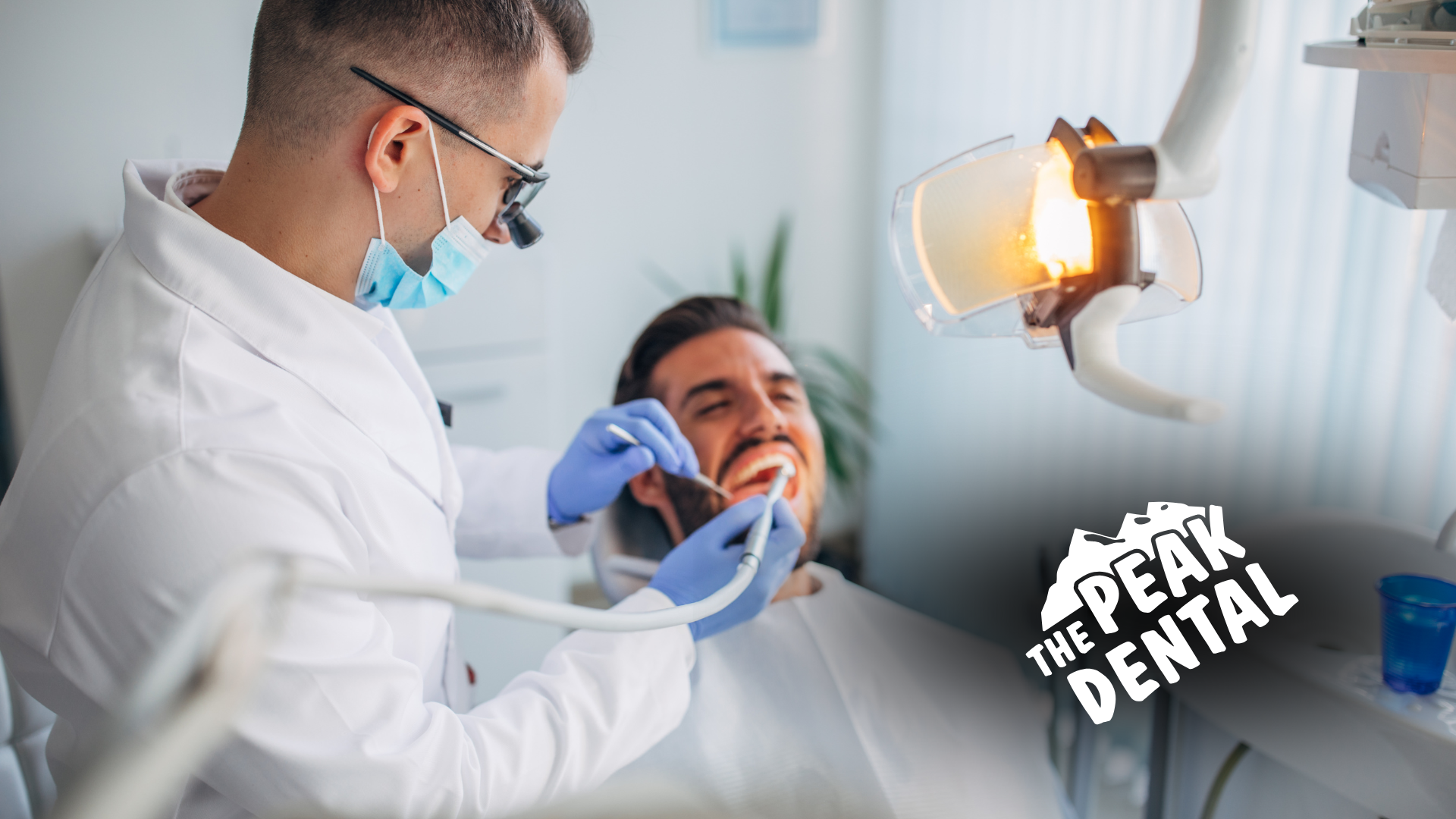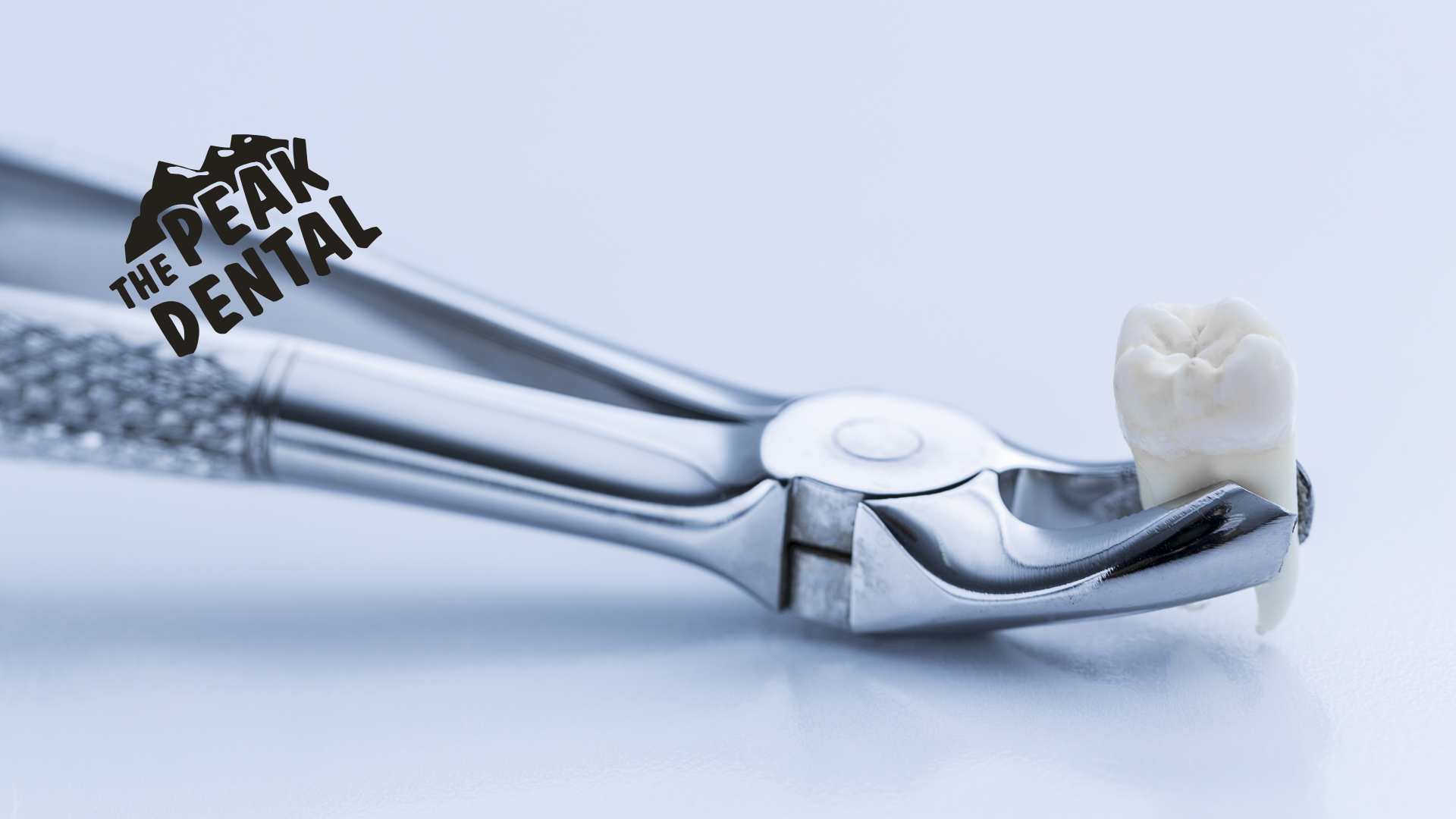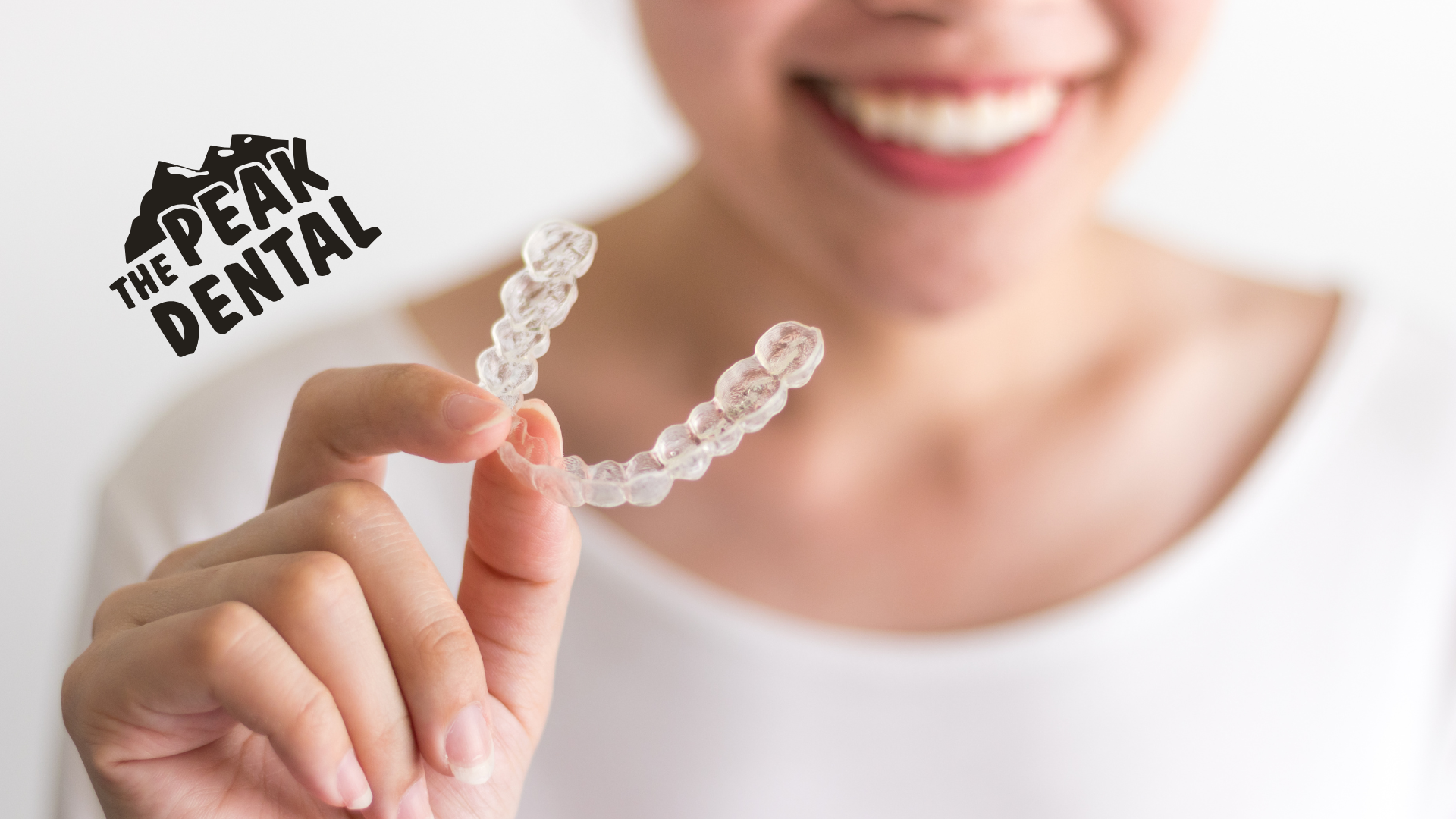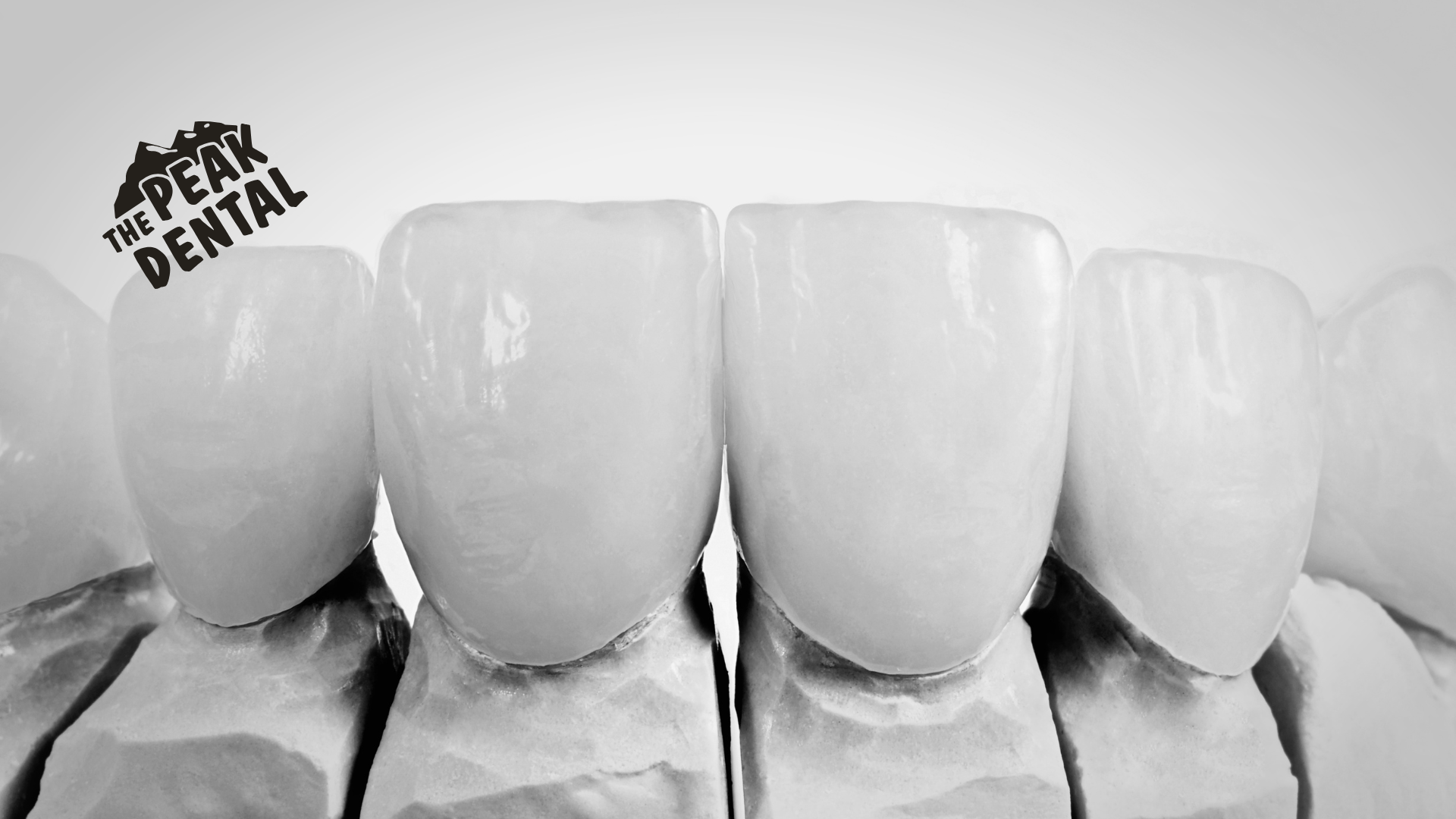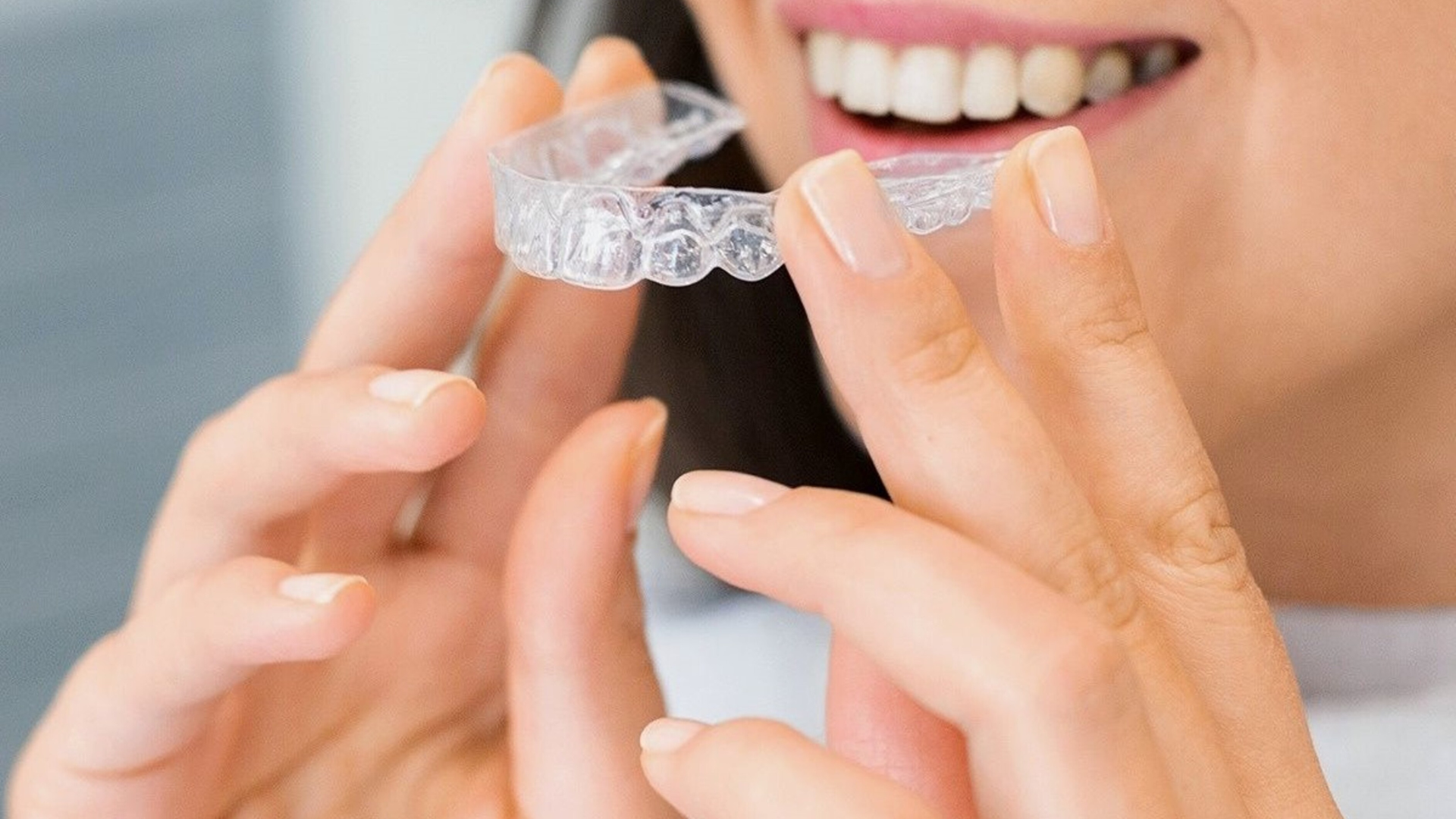Teeth Whitening: How Much Does It Cost and Is It Right for You?
Teeth whitening is a popular cosmetic dental procedure that many people consider to enhance their smile. Before deciding to undergo teeth whitening, there are several factors to consider, including dental health, sensitivity, and cost. Understanding the different teeth whitening options available, such as professional in-office whitening, at-home whitening kits, and natural remedies, is essential in making an informed decision. It is also important to be aware of the potential risks and side effects associated with teeth whitening, such as gum irritation, tooth sensitivity, and uneven whitening. After whitening your teeth, maintaining the results requires dietary considerations, proper oral hygiene practices, and regular dental check-ups.
Key Takeaways
- Consider your dental health, sensitivity, and the cost before opting for teeth whitening procedures.
- Explore various teeth whitening options, including professional in-office treatments, at-home kits, and natural remedies.
- Be cautious of potential risks and side effects like gum irritation, tooth sensitivity, and uneven whitening.
- Maintain whitened teeth by following a balanced diet, practicing good oral hygiene, and scheduling regular dental check-ups.
- Consult with your dentist to determine the most suitable teeth whitening approach for your individual needs.
Factors to Consider Before Teeth Whitening
Dental Health
Before considering teeth whitening, it's crucial to evaluate your overall dental health. Whitening procedures are most effective and safest on teeth without cavities, gum disease, or other untreated conditions.
- Ensure that any existing dental issues are addressed by a professional before proceeding with whitening treatments.
- Regular check-ups and cleanings can help maintain dental health and enhance the results of whitening.
It's important to remember that whitening treatments are not a substitute for regular dental care. Maintaining good oral health is essential for the longevity of any cosmetic procedure.
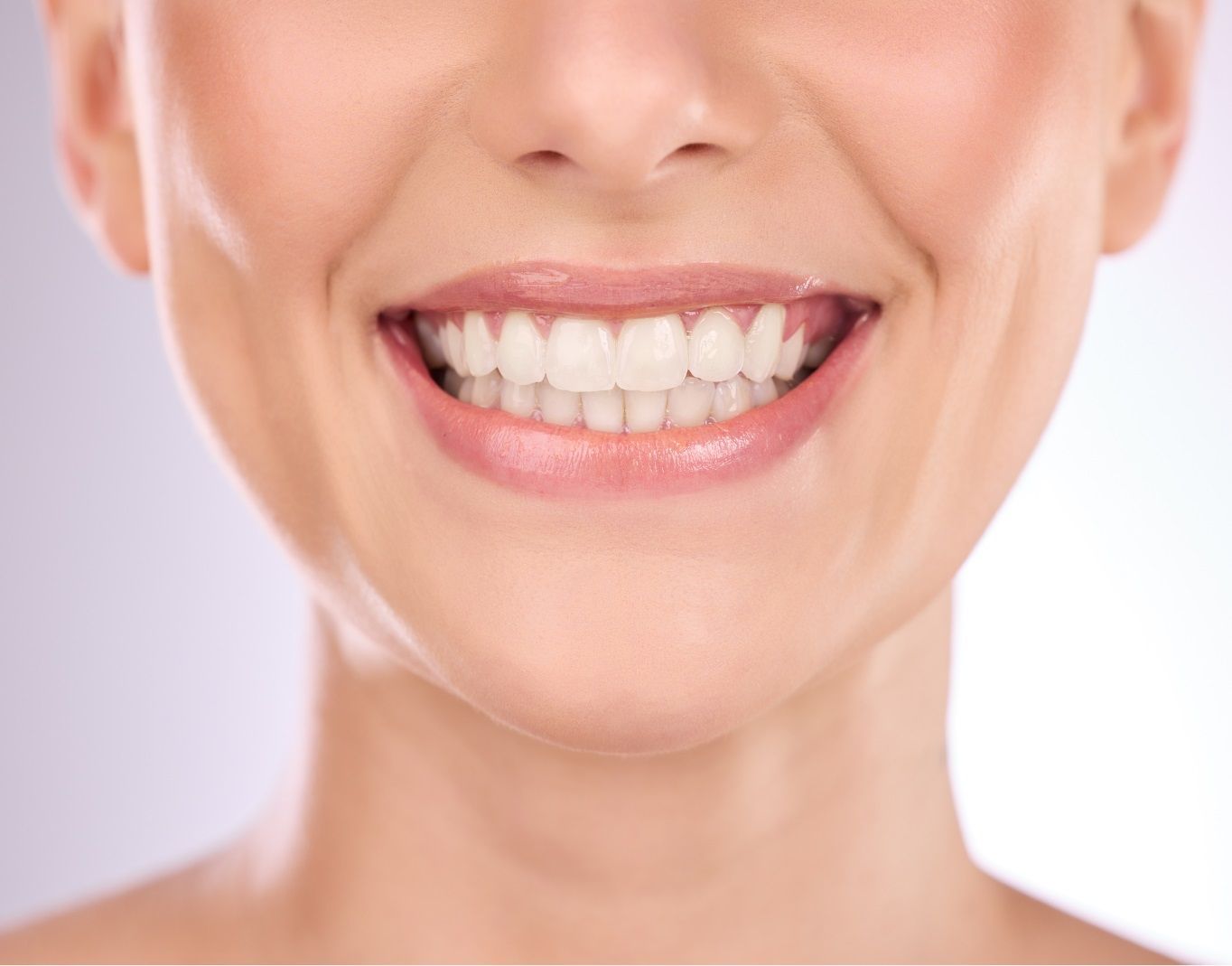
Sensitivity
When considering teeth whitening, sensitivity is a crucial factor. Individuals with sensitive teeth may experience discomfort or pain during and after whitening treatments. To minimize sensitivity, consider the following steps:
- Use toothpaste designed for sensitive teeth before and after the procedure.
- Opt for whitening treatments with lower concentrations of bleaching agents.
- Discuss desensitizing products with your dentist, which can be applied before or after treatment.
It's important to listen to your body's response to whitening treatments and adjust accordingly. If sensitivity persists, consult your dentist for personalized advice.
Cost
When considering teeth whitening, cost is a significant factor for many people. Prices can vary widely depending on the method chosen and the location of the service. Here's a general breakdown:
- Professional In-Office Whitening: This is typically the most expensive option, with prices ranging from $300 to $800 per session.
- At-Home Whitening Kits: These kits can cost between $20 and $100, offering a more affordable alternative with varying effectiveness.
- Natural Remedies: Often the least expensive, these can include items you may already have at home, like baking soda or hydrogen peroxide.
It's important to remember that while cost is a crucial consideration, it should not be the only factor in your decision. The effectiveness, safety, and suitability of the whitening method for your individual needs are equally important to consider.
Different Teeth Whitening Options
Professional In-Office Whitening
Professional in-office teeth whitening is a popular method for achieving a brighter smile. Performed by a dental professional, this option offers a quick and effective way to whiten teeth, often in just one visit. The cost can vary widely, depending on the location, the dentist's experience, and the specific treatment used.
- The procedure typically involves the application of a high-concentration bleaching gel.
- A protective barrier is placed on the gums to minimize irritation.
- A specialized light or laser may be used to enhance the whitening effect.
While in-office whitening is more expensive than at-home alternatives, the immediate results and professional supervision make it a preferred choice for many. It's important to have a consultation with your dentist to ensure that your teeth and gums are healthy enough for the procedure. Regular maintenance and avoiding certain foods and beverages can help prolong the effects.
At-Home Whitening Kits
At-home whitening kits have become a popular option for those looking to brighten their smile without the need for a dental visit. These kits typically include a bleaching agent, usually in the form of strips, gels, or trays, that you apply to your teeth over a period of days or weeks.
The convenience and cost-effectiveness of at-home kits make them an attractive choice for many. However, it's important to follow the instructions carefully to avoid potential side effects, such as gum irritation or uneven whitening.
- Always start with a clean mouth; brush and floss before applying the whitening product.
- Apply the product precisely, avoiding contact with gums to minimize irritation.
- Adhere to the recommended duration for each session to prevent overuse.
While at-home kits can be effective, results can vary based on the level of staining and the concentration of the whitening agent. It's essential to manage expectations and understand that some discolorations may require professional treatment.
Natural Remedies
While professional treatments and at-home kits are popular, some individuals turn to natural remedies for teeth whitening. These methods often involve everyday household items and are considered more cost-effective and less invasive.
- Baking soda and lemon juice paste
- Activated charcoal
- Oil pulling with coconut oil
- Apple cider vinegar rinse
It's important to approach natural remedies with caution, as their effectiveness and safety are not always backed by scientific research. Overuse of acidic substances like lemon juice and vinegar can damage tooth enamel over time.
Natural remedies may offer a gentler alternative for those with sensitive teeth or those looking for a more holistic approach. However, results can vary greatly from person to person, and patience is required as these methods typically take longer to show noticeable changes.
Potential Risks and Side Effects
Gum Irritation
One of the common side effects of teeth whitening is gum irritation. This condition can occur when the whitening agent comes into contact with your gum tissue, causing redness and discomfort. To minimize this risk, it's important to follow these steps:
- Use the whitening product as directed, avoiding overuse.
- Ensure that trays or strips fit properly to prevent the whitening agent from leaking onto the gums.
- Consider using products with a lower concentration of whitening agents if you have sensitive gums.
If you experience significant gum irritation, it's advisable to stop the whitening treatment and consult with your dentist. They can provide guidance on how to alleviate the symptoms and suggest alternative whitening methods that may be more suitable for your situation.
Tooth Sensitivity
Tooth sensitivity is a common concern when it comes to teeth whitening. The whitening agents used can sometimes penetrate the dental enamel and reach the sensitive inner layers of the tooth, leading to discomfort or pain. To minimize sensitivity, consider the following steps:
- Start with a lower concentration of whitening agent and gradually increase as tolerated.
- Use toothpaste designed for sensitive teeth before and after whitening treatments.
- Limit the duration of your whitening sessions and increase gradually as your teeth adjust.
It's crucial to listen to your body's response to teeth whitening. If you experience significant sensitivity, it may be necessary to pause the treatment and consult with a dental professional.
Remember, while some degree of sensitivity can be normal, persistent or severe pain is not. If you encounter such issues, it's important to seek dental advice to ensure that there isn't a more serious underlying problem.
Uneven Whitening
Uneven whitening can occur when the bleaching agent is not applied uniformly across the teeth, leading to patchy results. This is more common with at-home whitening kits where the trays may not fit perfectly.
- Ensure that the whitening agent covers all surfaces of your teeth evenly.
- Follow the instructions carefully to avoid over-bleaching some areas.
- Consider having a professional assess the fit of any trays or strips used.
Uneven whitening can also be a result of pre-existing dental work such as crowns or veneers, which do not respond to bleaching agents the same way natural teeth do. It's important to consult with your dentist to understand how your dental work will affect the outcome of whitening treatments.
Maintaining Whitened Teeth
Dietary Considerations
Maintaining the results of teeth whitening largely depends on your diet. Foods and beverages with strong pigments can stain teeth, reversing the effects of whitening treatments. To preserve your bright smile, consider the following tips:
- Avoid dark-colored drinks like coffee, tea, red wine, and cola.
- Limit the consumption of foods with intense coloration such as berries, tomato sauce, and soy sauce.
- Rinse your mouth with water after consuming staining foods or drinks.
- Use a straw when drinking beverages to minimize contact with your teeth.
Remember, a balanced diet isn't just good for your body; it's also crucial for keeping your teeth white. Acidic foods and drinks can erode enamel, making teeth more susceptible to stains. Moderation is key.
Oral Hygiene Practices
Maintaining the brightness of your teeth after whitening extends beyond the initial treatment. Good oral hygiene practices are essential for preserving the results and ensuring the longevity of your whiter smile.
- Brush your teeth at least twice a day with a fluoride toothpaste to remove plaque and prevent staining.
- Floss daily to clean the spaces between your teeth where a toothbrush can't reach.
- Consider using a whitening toothpaste once or twice a week to help maintain the whiteness and tackle any new surface stains.
Regular use of mouthwash can also aid in keeping your teeth white by reducing bacteria and plaque buildup, which can lead to discoloration.
Remember, while good oral hygiene can help maintain your teeth whitening results, it's also crucial to avoid or limit substances that can stain your teeth, such as coffee, tea, red wine, and tobacco.
Regular Dental Check-ups
Maintaining the results of teeth whitening extends beyond daily brushing and flossing. Regular dental check-ups play a crucial role in preserving the brightness of your smile. During these visits, your dentist can remove plaque and tartar that might stain your teeth, as well as check for any potential issues that could affect the whiteness of your teeth.
- Schedule check-ups at least twice a year.
- Follow your dentist's personalized advice for maintaining your whitened teeth.
- Address any new sensitivity or dental concerns promptly to prevent discoloration.
Regular dental visits are not just about checking for cavities; they are also an opportunity to monitor the longevity of your teeth whitening results and to receive professional advice on how to keep your smile bright.
Frequently Asked Questions
